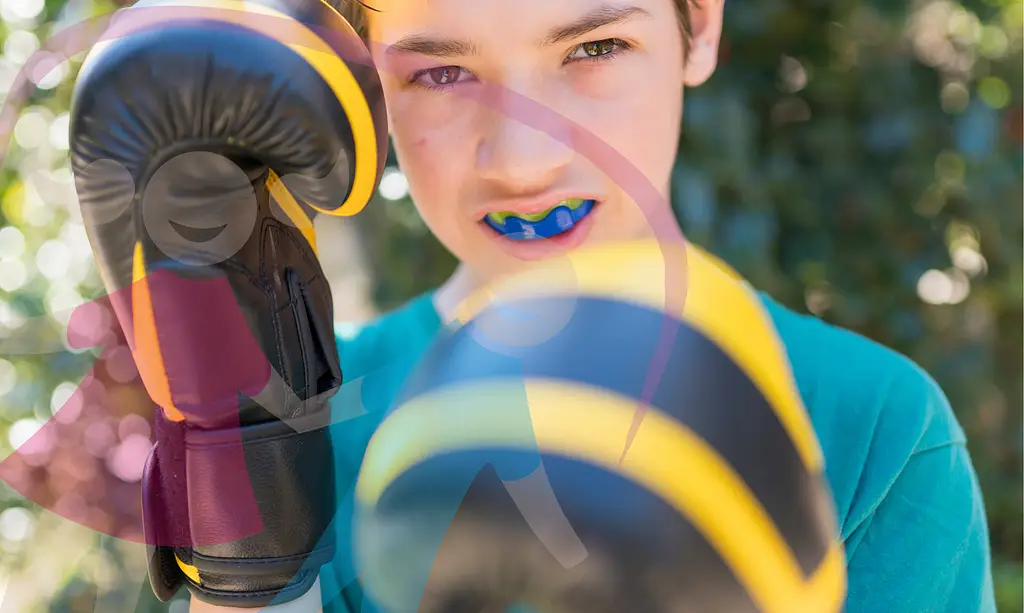Sports-related injuries can pose significant risks to dental health, ranging from minor chips to severe tooth displacement or loss. Understanding dental trauma treatment methods and preventative strategies is crucial for athletes of all ages. This guide explores how dentists address sports-related dental injuries and restore smiles with advanced care.
Common Types of Dental Trauma in Sports
Sports accidents often lead to the following dental issues:
- Chipped or Fractured Teeth: Resulting from direct impact on the teeth.
- Dislodged Teeth: Teeth can be knocked out (avulsed) or loosened.
- Soft Tissue Injuries: Damage to the gums, lips, or tongue.
- Jaw Fractures: Severe impacts may result in fractures of the jawbone.
Emergency Steps for Dental Trauma
Immediate action can significantly improve the chances of saving a tooth:
- Avulsed Tooth: Keep the tooth moist (in milk or saliva) and see a dentist within an hour.
- Fractured Tooth: Rinse the mouth with warm water and apply a cold compress to reduce swelling.
- Bleeding Control: Use gauze to stop bleeding while seeking urgent care.
For severe trauma, visiting an emergency dentistry clinic is critical.
Dental Trauma Treatment Options
Dentists use advanced techniques to treat and restore damaged teeth:
1. Restoring Chipped or Fractured Teeth
- Bonding: Composite resin restores the appearance of small chips.
- Crowns: Severe fractures may require crowns to protect the remaining tooth structure.
2. Repositioning and Stabilizing Dislodged Teeth
- Splinting: A flexible or rigid splint stabilizes the tooth, allowing it to reattach to the bone.
- Root Canal Therapy: Necessary if the tooth’s pulp is damaged.
3. Avulsed Tooth Reimplantation
- If handled properly and reimplanted promptly, an avulsed tooth can often be saved.
- Dentists will secure the tooth with splinting and monitor its reintegration.
4. Soft Tissue Repair
For cuts or tears in the gums, lips, or cheeks, dentists may use sutures or cauterization to promote healing.
5. Tooth Replacement Options
- If a tooth cannot be saved, dental implants or bridges provide functional and aesthetic replacements.
Preventing Sports-Related Dental Injuries
1. Wear Mouthguards
Custom-fitted mouthguards offer superior protection compared to store-bought options. Dentists design these to fit comfortably while shielding the teeth and jaw.
2. Use Helmets with Face Protection
Sports like hockey and football benefit from helmets with built-in facial guards.
3. Regular Dental Checkups
Routine dental visits ensure oral health is optimal, minimizing complications from injuries.
Long-Term Care After Trauma
Post-treatment, dentists focus on ensuring restored teeth function correctly:
- Regular checkups to monitor healing.
- Ongoing care for restorative work like crowns or implants.
- Strategies for preventing further injuries, including reinforcing mouthguard use.
Advances in Dental Trauma Treatment
1. Regenerative Dentistry
Innovative techniques, such as pulp regeneration, are emerging to restore vitality to damaged teeth.
2. 3D Imaging for Accurate Diagnosis
Emergency dentistry now uses 3D imaging to assess the extent of trauma and guide precise treatment plans.
3. Enhanced Materials for Tooth Restoration
Modern composites and ceramics ensure tooth restorations are strong, durable, and natural-looking.
Sports-related dental injuries are common but treatable. Through prompt action, effective dental trauma treatment, and preventative measures like custom mouthguards, dentists ensure that athletes can continue to play confidently while maintaining their oral health.

